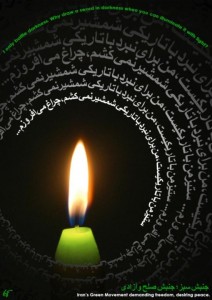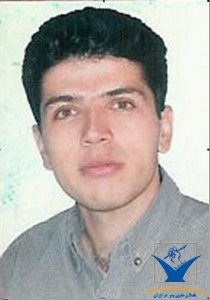Sunday
May302010
How US Handles Afghanistan's Civilian Deaths: Blame the Button-Pushers
 Sunday, May 30, 2010 at 8:45
Sunday, May 30, 2010 at 8:45  Please excuse a quick polemical comment before I post a report from The New York Times on the US military's handling of civilian deaths from drone attacks in Afghanistan.
Please excuse a quick polemical comment before I post a report from The New York Times on the US military's handling of civilian deaths from drone attacks in Afghanistan.If US commanders or, for that matter, President Obama really wanted to be up front and above board on this issue --- given our supposed campaign for “hearts and minds” in this conflict --- they would say: “Civilians die in war zones. They die from being caught up in the fight, even though they take no part in it. Civilians die from our tactics of unmanned planes firing missiles in this conflict. That is regrettable, but that is war.”
They would say that rather than pretending that these deaths --- which, let it be remembered, the US military denied at the time, just as they have initially denied on every occasion that they carry responsibility --- are the outcome of a one-off mistake by “rogue operators”.
Afghanistan Correction: US Military “Marjah NOT a Bleeding Ulcer”
The US military has posted a press release and a copy, with redactions, of its official report. This was Juan Cole's report, via EA, at the time. Meanwhile, the story from Dexter Filkins of The New York Times:
The American military on Saturday released a scathing report on the deaths of 23 Afghan civilians, saying that “inaccurate and unprofessional” reporting by Predator drone operators helped lead to an airstrike in February on a group of innocent men, women and children.
The report said that four American officers, including a brigade and battalion commander, had been reprimanded, and that two junior officers had also been disciplined. Gen. Stanley A. McChrystal, who apologized to President Hamid Karzai after the attack, announced a series of training measures intended to reduce the chances of similar events.
The attack, in which three vehicles were destroyed, illustrated the extraordinary sensitivity to the inadvertent killing of noncombatants by NATO forces. Since taking command here last June, General McChrystal has made protection of civilians a high priority, and has sharply restricted airstrikes.
The overwhelming majority of civilian deaths in Afghanistan are caused by insurgents, but the growing intensity of the fighting this year has sent civilian casualties to their highest levels since 2001.
General McChrystal’s concern is that NATO forces, in their ninth year of operations in Afghanistan, are rapidly wearing out their welcome. Opinion polls here appear to reflect that.
“When we make a mistake, we must be forthright,” General McChrystal said in a statement. “And we must do everything in our power to correct that mistake.”
The civilian deaths highlighted the hazards in relying on remotely piloted aircraft to track people suspected of being insurgents. In this case, as in many others where drones are employed by the military, the people steering and spotting the targets sat at a console in Creech Air Force Base in Nevada.
The attack occurred on the morning of Feb. 21, near the village of Shahidi Hassas in Oruzgan Province, a Taliban-dominated area in southern Afghanistan. An American Special Operations team was tracking a group of insurgents when a pickup truck and two sport utility vehicles began heading their way.
The Predator operators reported seeing only military-age men in the truck, the report said. The ground commander concurred, the report said, and the Special Operations team asked for an airstrike. An OH-58D Kiowa helicopter fired Hellfire missiles and rockets, destroying the vehicles and killing 23 civilians. Twelve others were wounded.
The report, signed by Maj. Gen. Timothy P. McHale, found that the Predator operators in Nevada and “poorly functioning command posts” in the area failed to provide the ground commander with evidence that there were civilians in the trucks. Because of that, General McHale wrote, the commander wrongly believed that the vehicles, then seven miles away, contained insurgents who were moving to reinforce the fighters he and his men were tracking.
Read the rest of the article....





